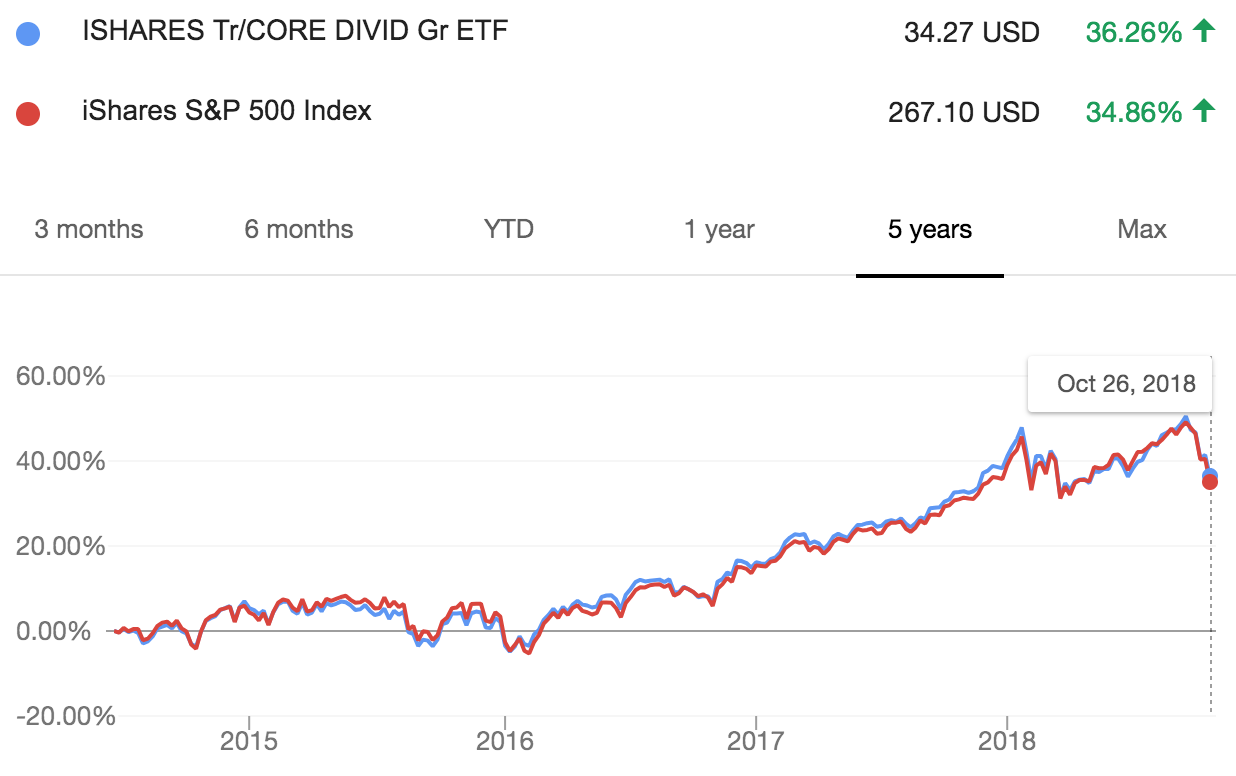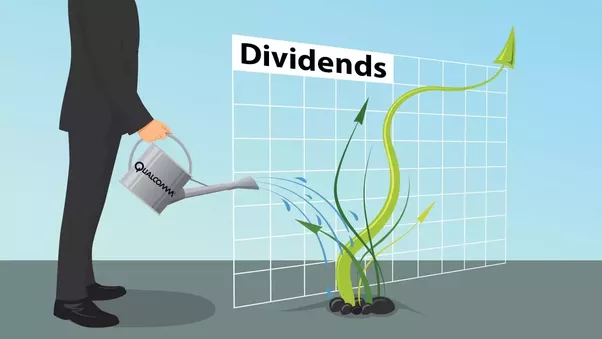VanEck is listing a new smart beta ETF that targets durable dividends. The VanEck Vectors Morningstar Durable Dividend ETF (DURA) will track the Morningstar US Dividend Valuation Index, which is broadly in keeping with VanEck's preference for Morningstar indexes for its smart beta ETFs.
In constructing a durable dividend portfolio, Morningstar starts with all the publicly listed companies in the US and screens them for basic liquidity. The pool of eligible companies is then whittled down so as only to include:
the top 50% as by dividend yield (ttm);
the top 50% of their peer group by its "distance to default score";
the top 70% of Morningstar's "star score".
"Distance to default" measures how likely a company is to run into trouble. Morningstar uses option pricing theory to evaluate the risk that the value of a company's assets will turn out to be less than the sum of its liabilities, Morningstar says in the index factsheet.
Morningstar's "star score" involves analysing companies' fair value compared to its market price. Morningstar does this by getting its analysts to run discounted cash flow models in conjunction with qualitative assessments of companies' moats.
Companies that make the cut are weighted based on "the available-dividend model." This is where dividend per share is multiplied by the number of shares that can be purchased (float). "This retains the primary benefits of market-cap weighting (low turnover and scalable investment capacity), while also maximizing yield," Morningstar says. No company can take more than 5% of the index's weight.
As of June 2018, there were 98 companies in the index, which rebalances twice a year. The fund will charge up to 0.38%. (Index factsheet here).
Analysis - Dividends and more dividends
Every investor wants dividends. They allow investors to keep (or grow) their capital while receiving an income stream to live off. And for those still gainfully employed, dividends have the alternative advantage of compounding.
Yet dividends are increasingly beset by two challenges in the US: tax efficiency and investor suspicion. On the first, dividends are taxable, whereas share buybacks are not. (The steady rise in popularity of share buybacks - a rare form of shareholder yield before the 1970s - coincides with the rewriting of tax laws). The superior tax efficiency has left many investors and CEOs preferring buybacks.
But also because juicy dividend yields can trigger suspicions of financial distress (is your yield so high because no-one wants to buy your stock? Are companies borrowing money to juice up their dividend? Etc.) Interestingly, Morningstar have chosen to assess how robust companies dividends may be based on options pricing theory. This is not a strategy we're familiar with. Andrew Lapthorne, arguably Europe's top quant, suggests looking at balance sheet strength. While most value managers we've spoken to suggest free cash flow. Morningstar's analysts are doubtless better quants than we are, but we'd still like to see the approach justified.
The other question we perhaps have for this new ETF is: will it be a closet tracker like Morningstar's other dividend index? Morningstar's dividend growth index, which has been tracked by iShares DGRO for some years now, has delivered a performance virtually identical to the S&P 500. Will this one be the same?

The five year performance of iShare DGRO, which tracks a Morningstar dividend index, has been virtually identical to the S&P 500. Source: Google Finance.



